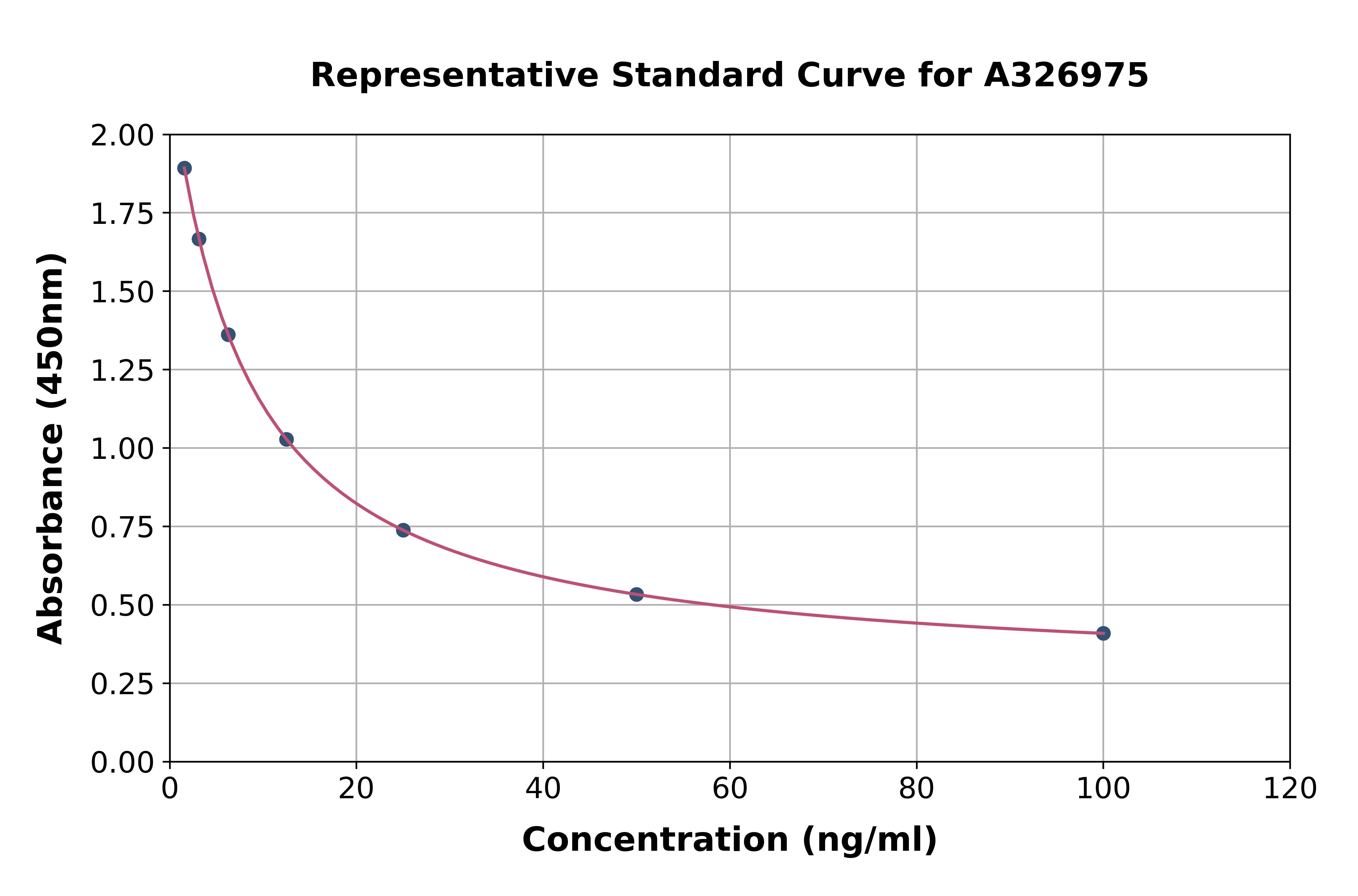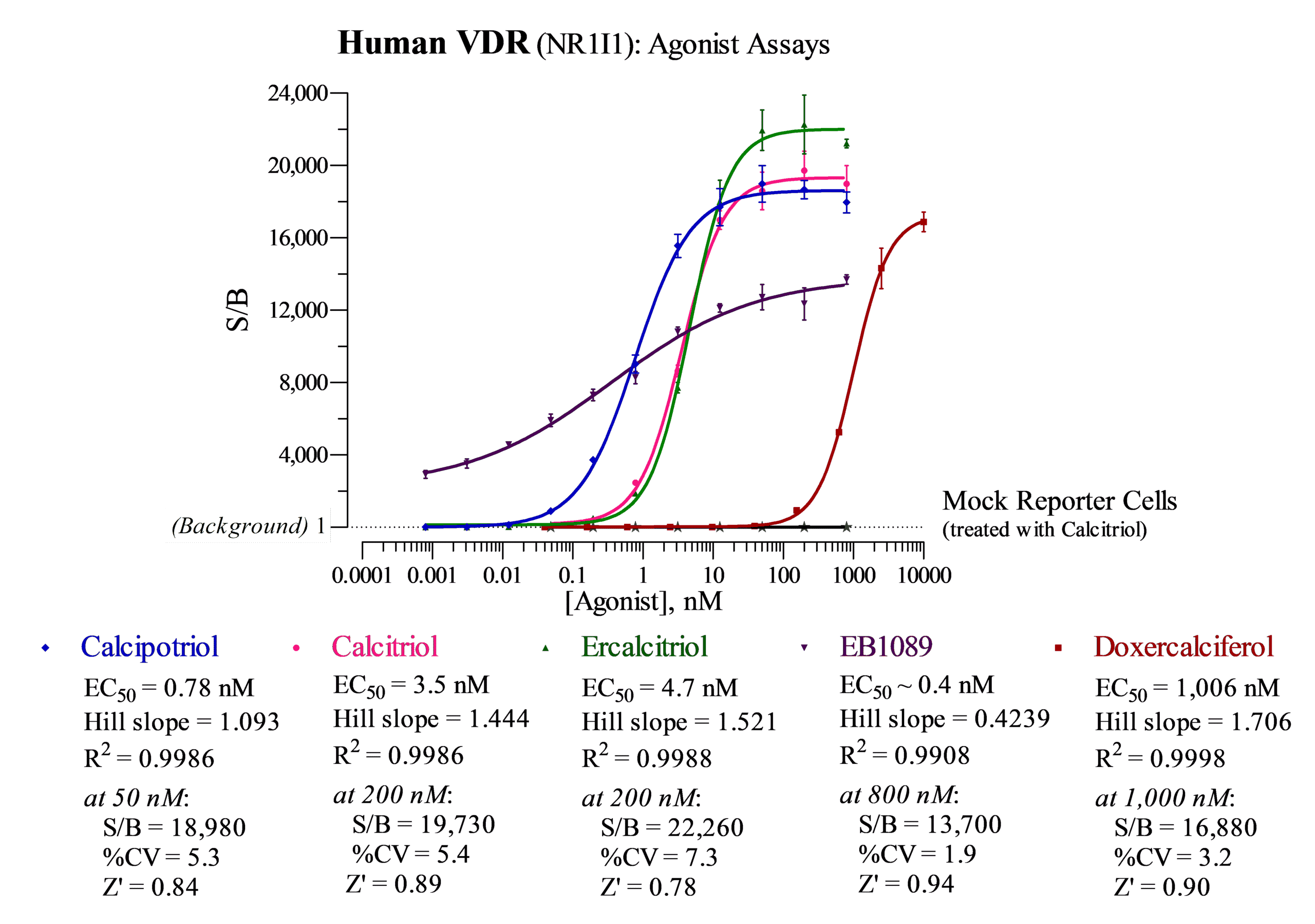25-OH Vitamin D ELISA Kit
ARG80775
Product group Assays
Overview
- SupplierArigo Biolaboratories
- Product Name25-OH Vitamin D ELISA Kit
- Delivery Days Customer23
- ApplicationsELISA
- Assay Sensitivity2.81 ng/ml
- Assay Time2 h, 30, 15 min (RT/shaker)
- CertificationResearch Use Only
- ConjugateHRP
- Scientific DescriptionVitamin D is the generic term used to designate Vitamin D2 or ergocalciferol and Vitamin D3 or cholecalciferol. Humans naturally produce Vitamin D3 when the skin is exposed to ultraviolet sun rays. In the liver mainly, Vitamin D3 is metabolised into 25-Hydroxyvitamin D3 (25-OH D3) which is the main form of Vitamin D circulating in the body. 25OH D3 is a precursor for other Vitamin D metabolites and has also a limited activity by itself. The most active derivative is 1,25-hydroxyvitamin D3, produced in the kidney (or placenta) by 1?hydroxylation of 25-OH D3. 25-OH Vitamin D stimulates the intestinal absorption of both calcium and phosphorus and also bone resorption and mineralisation. 25-OH Vitamin D might also be active in other tissues responsible for calcium transport (placenta, kidney, mammary gland ..., ) and endocrine gland (parathyroid glands, beta cells..., ). Vitamin D3 and Vitamin D2 are also available by ingestion through food or dietary supplementation. As Vitamin D2 is metabolised in a similar way to Vitamin D3, both contribute to the overall Vitamin D status of an individual. It is the reason why it is very important to measure both forms of 25-OH Vitamin D equally for a correct diagnosis of Vitamin D deficiency, insufficiency or intoxication. Vitamin D deficiency is an important risk factor for rickets, osteomalacia, senile osteoporisis, cancer and pregnancy outcomes. The measurement of both 25-OH Vitamin D forms is also required to determine the cause of abnormal serum calcium concentrations in patients. Vitamin D intoxication has been shown to cause kidney and tissue damages.
- Storage Instruction2°C to 8°C
- UNSPSC41116100




